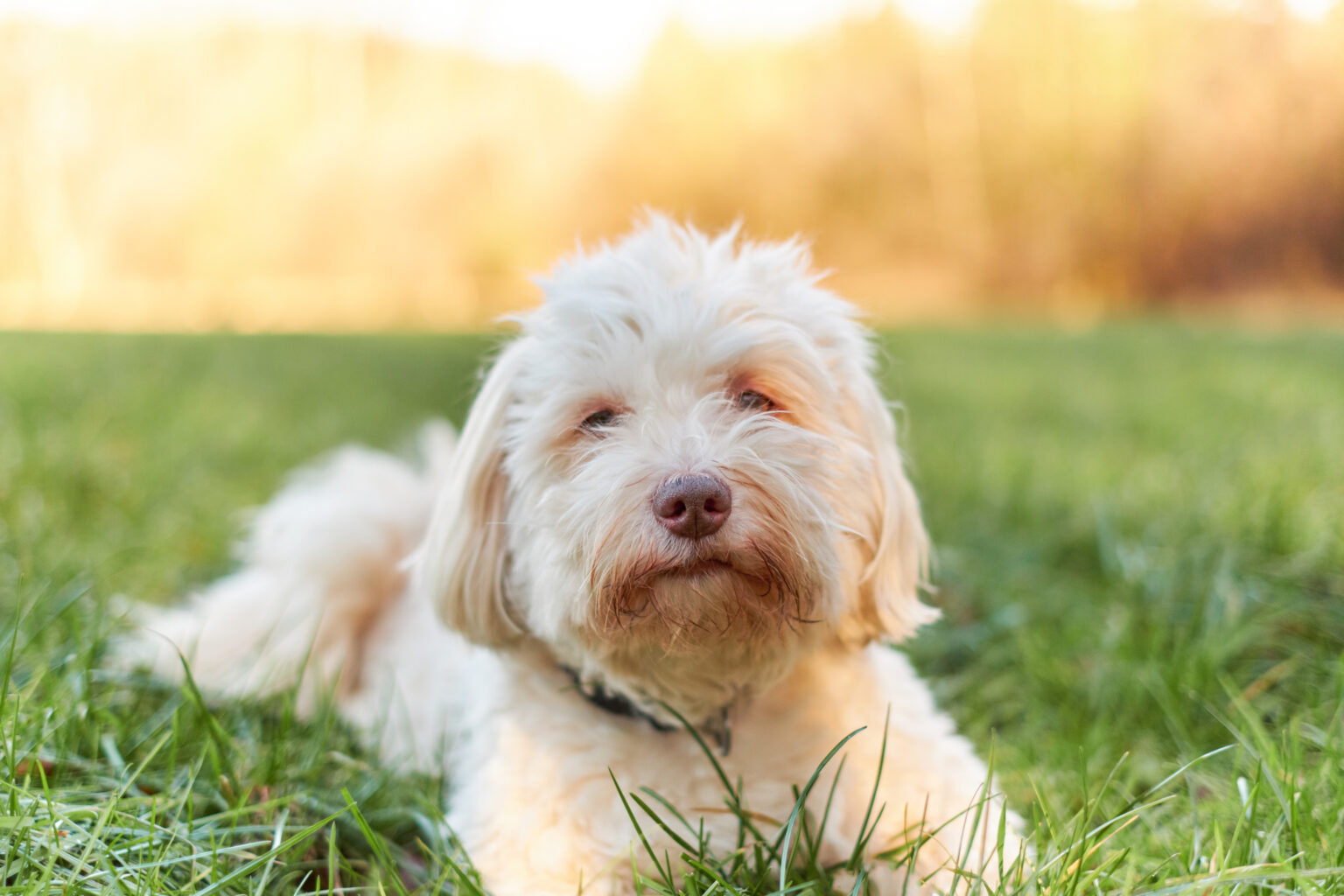Havanese Dog Breed
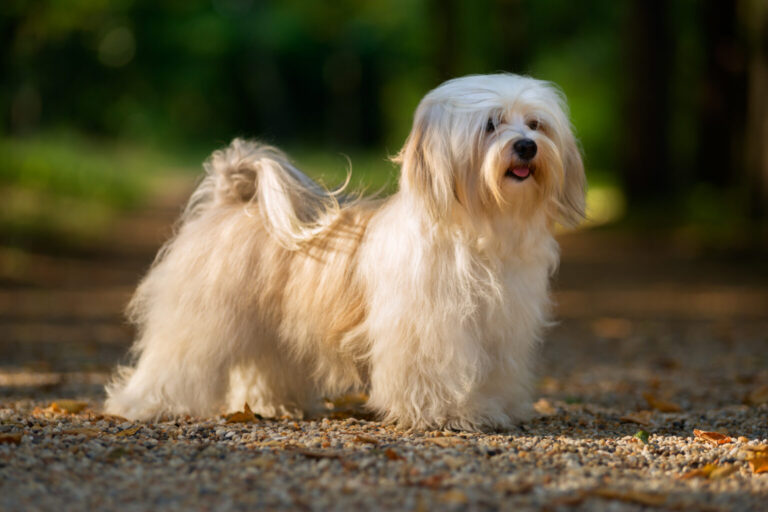
| Aspect | Details |
|---|---|
| Origin | France/Belgium |
| Birth Era | 16th century |
| Crossbreed | No, purebred |
| Temperament | Friendly, alert, intelligent, happy |
| Physique | Small, 5-10 pounds, elegant |
| Coat | Long, fine, silky coat |
| Lifespan | 14-16 years |
The Havanese, originating from Cuba and brought from Europe in the 16th century, is known in Japan for its strong personality and high sociability. Characterized by their silky coat and playful nature, they are deeply affectionate and loyal to their families, building good relationships with children and other pets. This breed captivates many with its friendliness and ability to form strong bonds with its owners.
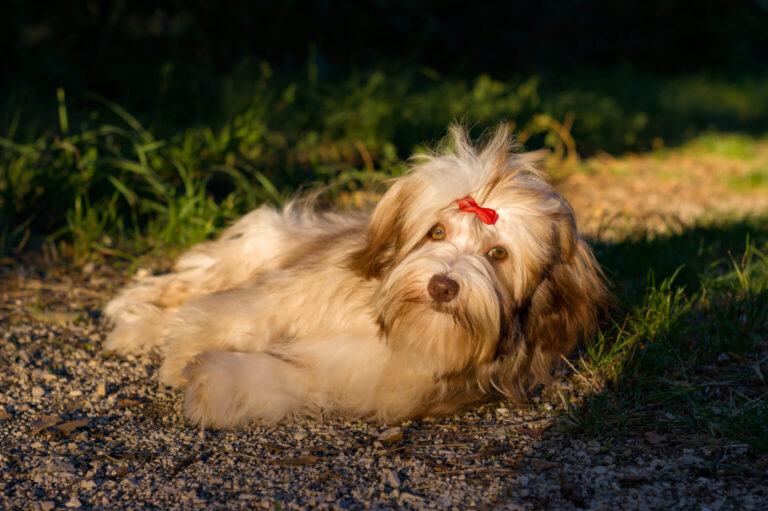
In Japan, the Havanese’s high adaptability is also valued, appreciated for their ability to fit into various living environments, from city apartments to suburban homes. They are seen as ideal pets for affectionate families, bringing joy to daily life in Japan.
Coat Color
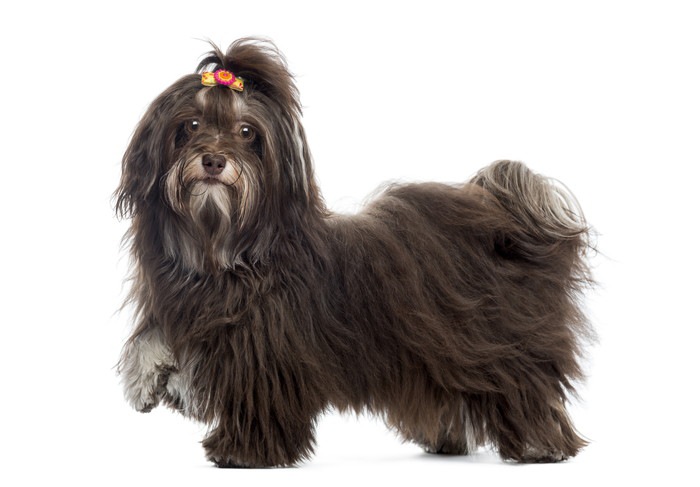
The coat color of the Havanese is a crucial element that enhances its appeal as a pet in Japan. This breed boasts a variety of coat colors, including white, cream, fawn, silver, and black, giving each individual a unique beauty. Although typically single-colored, some individuals have mixed colors or spots.
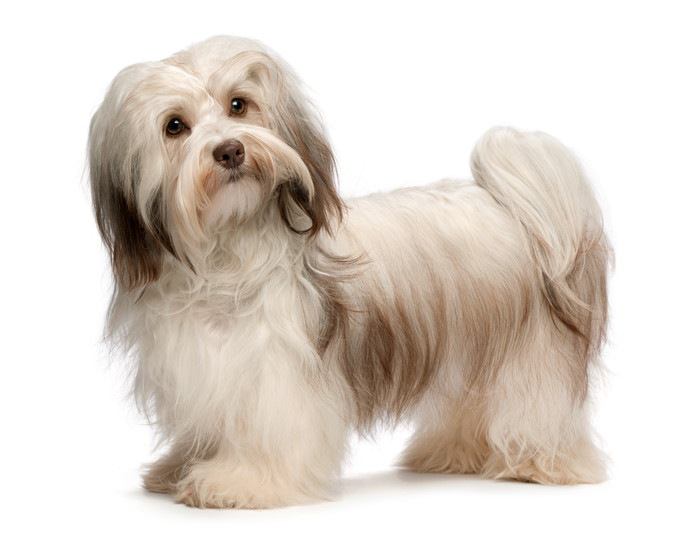
In Japan, there’s particular interest in how the Havanese’s coat color changes with growth. Puppies often have lighter colors, which may darken as they mature, and changes in coat color due to sunlight or seasonal variations add to the enjoyment. This diversity in coat color further accentuates the charm of the Havanese, providing Japanese owners with continuous delight in discovering their pet’s beauty.
Coat Type
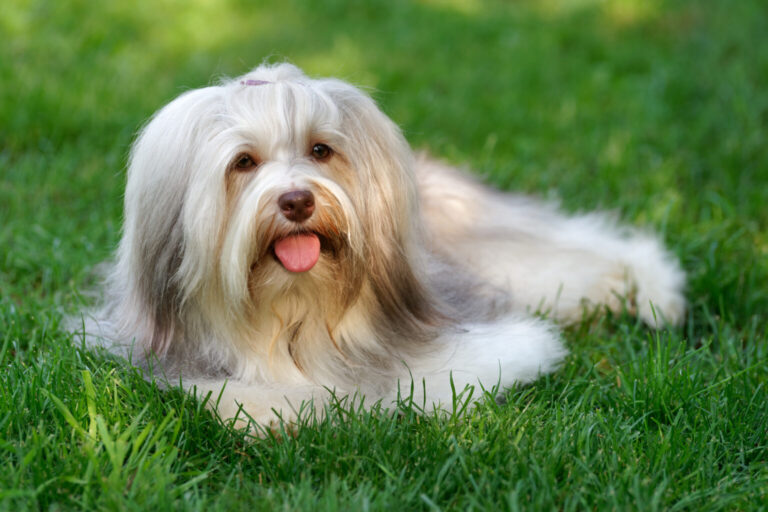
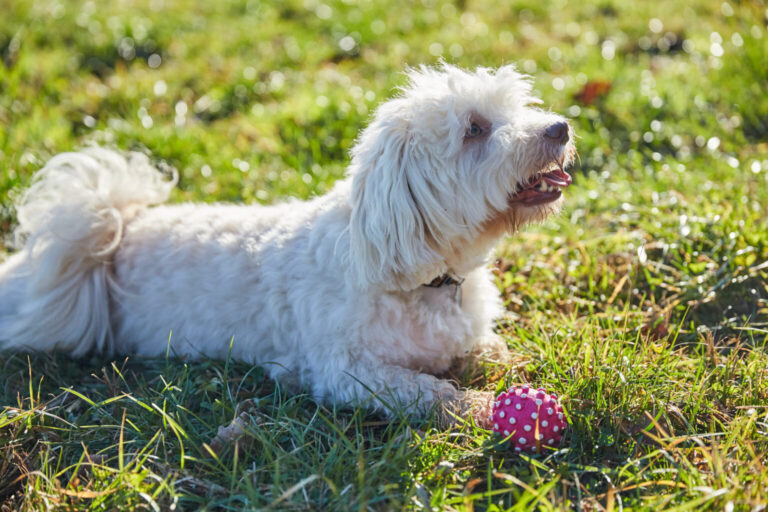
In Japan, the unique charm of the Havanese’s coat is well recognized. Its most distinctive feature is the soft, silky texture. The fur is long, either straight or slightly wavy, gracefully covering the body. This lush and beautiful coat is a key element in shaping the attractive appearance of the Havanese, making it a particularly endearing aspect for Japanese pet owners.
Size
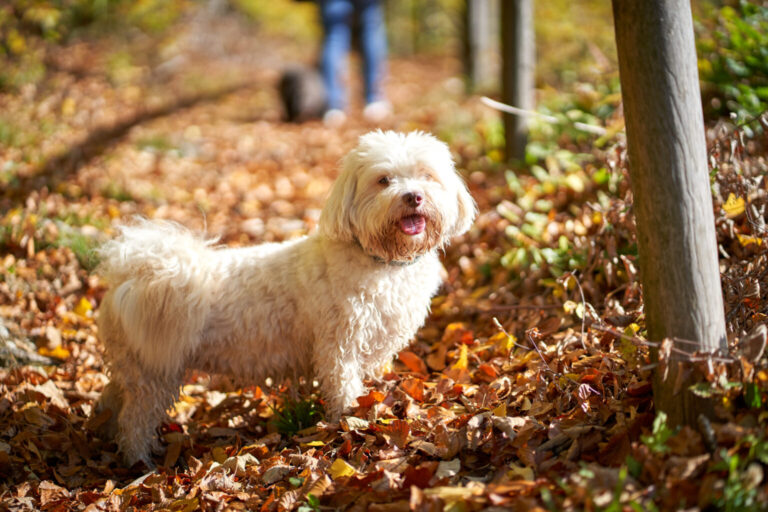
The Havanese, known for its small stature, is particularly suited to the living environments in Japan. With a shoulder height of approximately 20 to 28 centimeters (8 to 11 inches), their compact size is ideal for urban apartments and small household settings in Japan. In Japan, pets that can comfortably live in limited spaces are preferred, and the size of the Havanese perfectly meets this need.
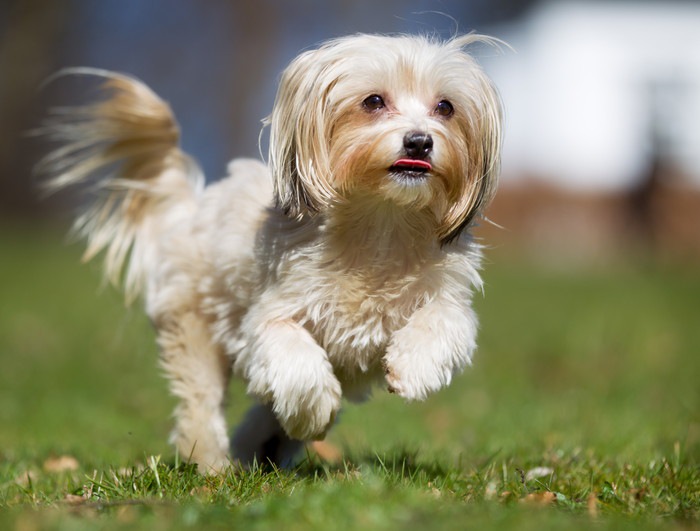
Their petite frame is also well-suited for activities within the home, and providing a comfortable living environment for the Havanese is emphasized in Japanese households.
Weight

In Japan, weight management for Havanese is regarded as crucial for maintaining their health. Typically, adult Havanese weigh about 7 to 13 pounds (approximately 3 to 6 kilograms), which is considered an ideal range for maintaining a healthy physique. In Japan, managing weight through proper diet and exercise is recognized as essential for a pet’s health, and pet owners are vigilant about their pet’s weight.
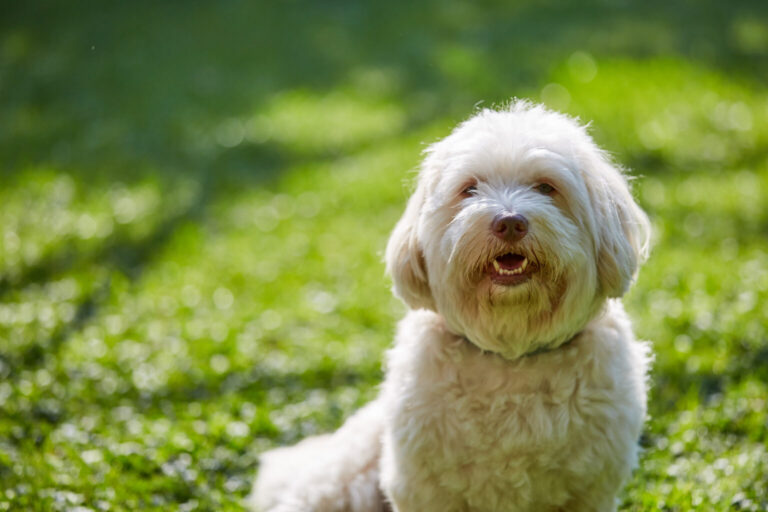
Excessive weight can pose significant health risks for Havanese, so Japanese pet owners pay close attention to their weight management.
Lifespan

In Japan, the longevity of the Havanese is highly valued. Generally having a lifespan of 12 to 15 years, this small breed is also regarded for its health and longevity in the Japanese pet care environment.
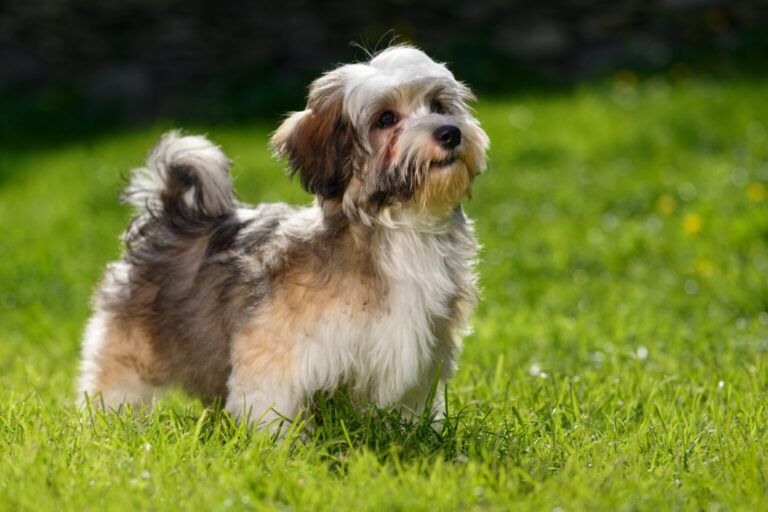
A balanced diet, regular exercise, and affectionate care are recognized as the secrets to their long life and are diligently practiced by Japanese pet owners. With proper care and environment, Havanese often enjoy a lifespan that exceeds their average expectancy.
Trainavility
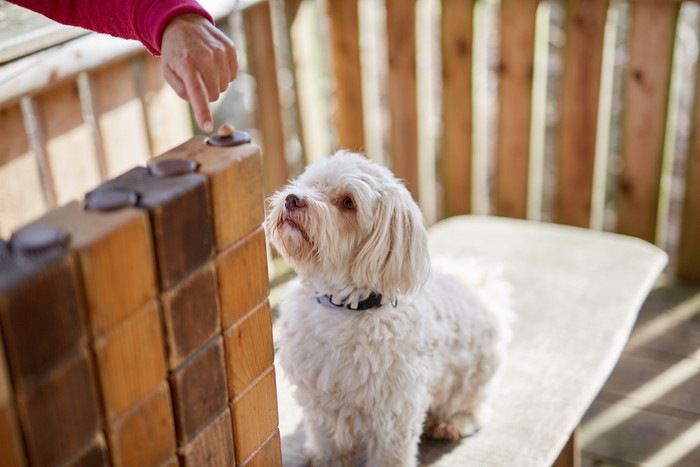
In Japanese pet culture, the trainability of the Havanese is highly valued. This intelligent breed with a strong willingness to learn responds quickly to positive reinforcement training and easily acquires basic commands and tricks. In Japan, training is considered beneficial for enhancing communication and sociability with pets, and the Havanese excel in this respect.
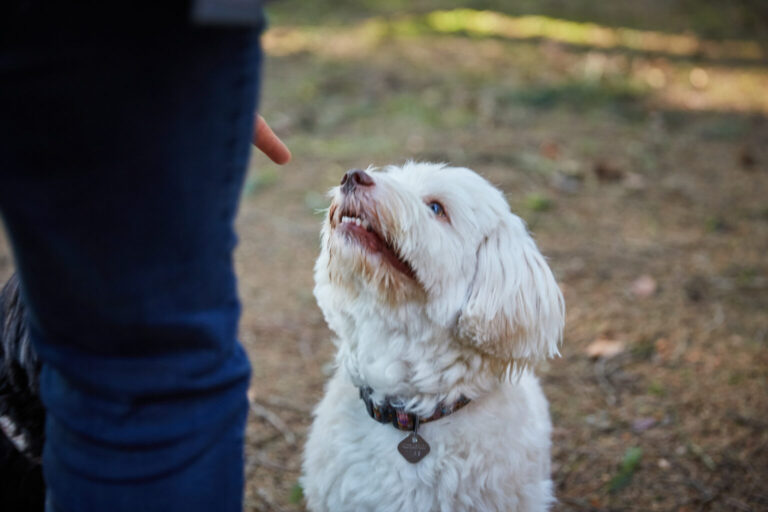
Consistency and patience are key elements for Japanese pet owners in training. Early socialization and basic obedience training help to establish a behavioral foundation for the Havanese. An approach that does not spare affection and praise makes the learning process enjoyable and contributes to building a positive relationship. Well-trained Havanese become wonderful companions in Japanese households.
Exercise
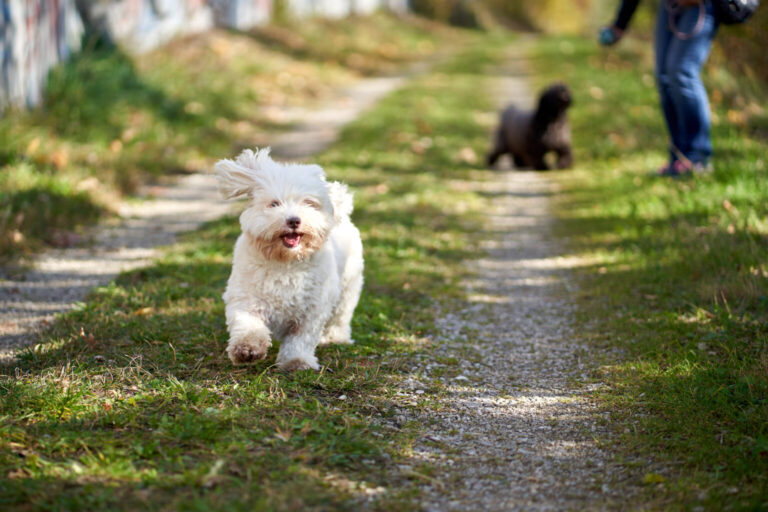
In Japan, exercise for Havanese plays a crucial role in maintaining their health and happiness. This energetic and active breed requires moderate exercise, while excessive activity is discouraged. Walking pets is an integral part of daily life in Japan, providing Havanese with valuable time to explore new environments and strengthen bonds with their owners.
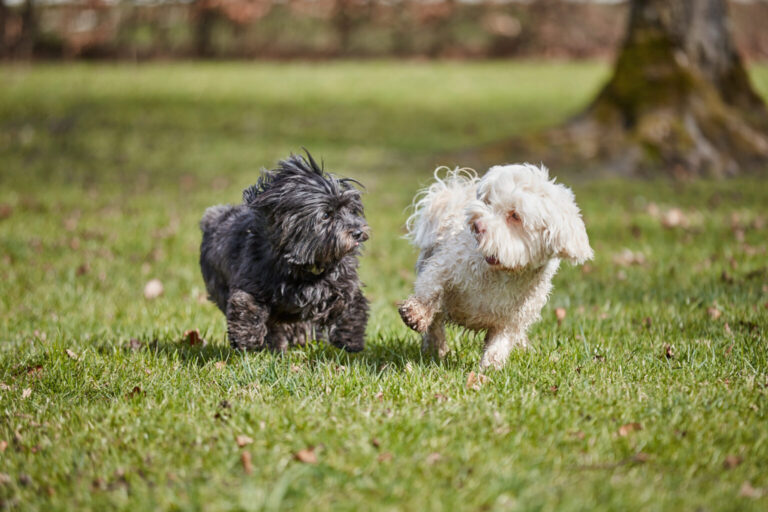
Additionally, Havanese enjoy exercising through play, and indoor activities or playing ball in the garden are recommended in Japanese households. These safe forms of exercise help reduce stress and maintain a healthy weight, ensuring a fulfilling life for the Havanese.
Feeding
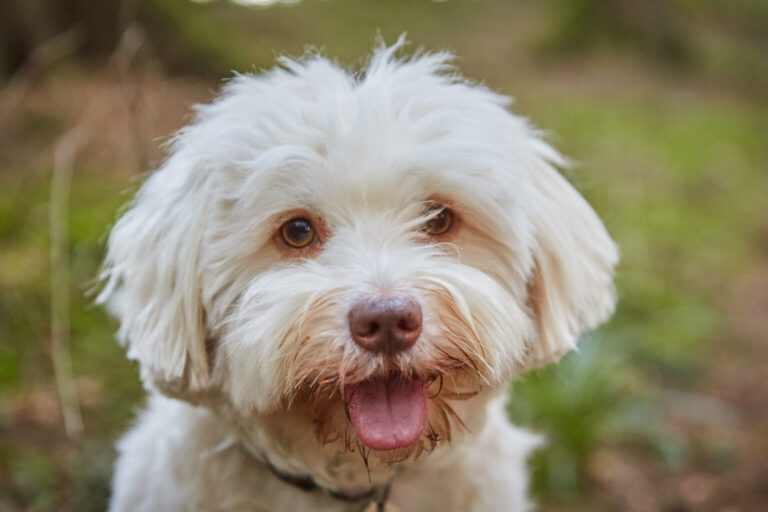
In Japan, the dietary management of Havanese is a crucial aspect of pet care. For this small breed, it’s essential to provide an appropriate amount of high-quality dog food. Protein-rich food with meat or fish as the main ingredient is particularly favored in Japan. Adjusting the diet according to age and activity level is also important, considering different nutritional balances for adult and senior stages.
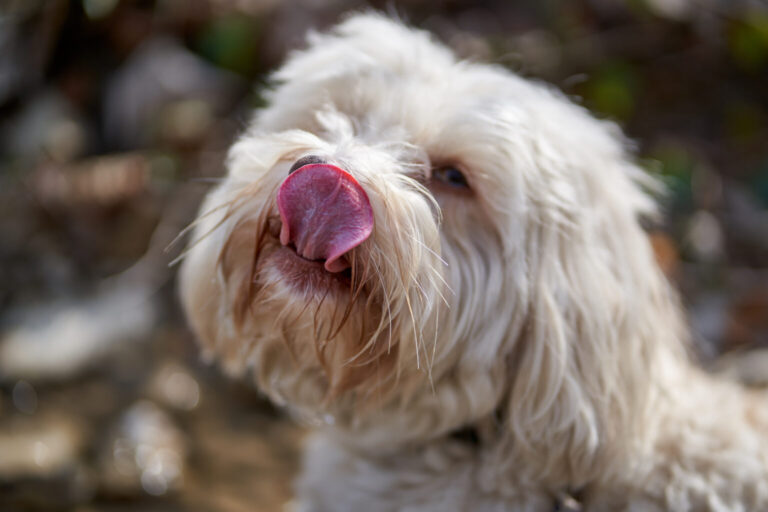
Awareness about the Havanese’s tendency to overeat is high in Japan, emphasizing the importance of managing their diet to prevent obesity. Careful consideration of treat consumption and combining a proper diet with moderate exercise is vital for maintaining their health. Proper nutrition and dietary management ensure the long-term health and happiness of the Havanese.
Temperament
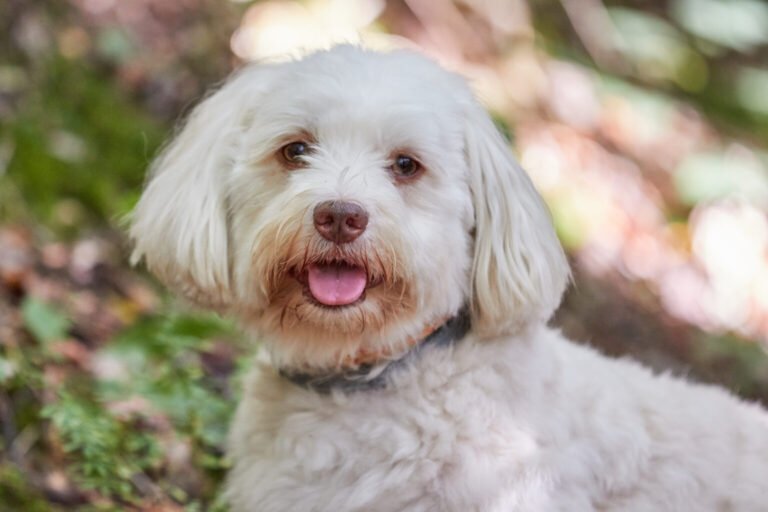
Known for their gentle and sociable temperament, Havanese are also highly valued in Japan. Their deep affection for family resonates well in Japanese households, where the bond with children and other pets is cherished. The Havanese’s approachability and occasional clinginess are particularly appealing to Japanese dog lovers. They fulfill their role as cherished family members, continually providing love and affection.
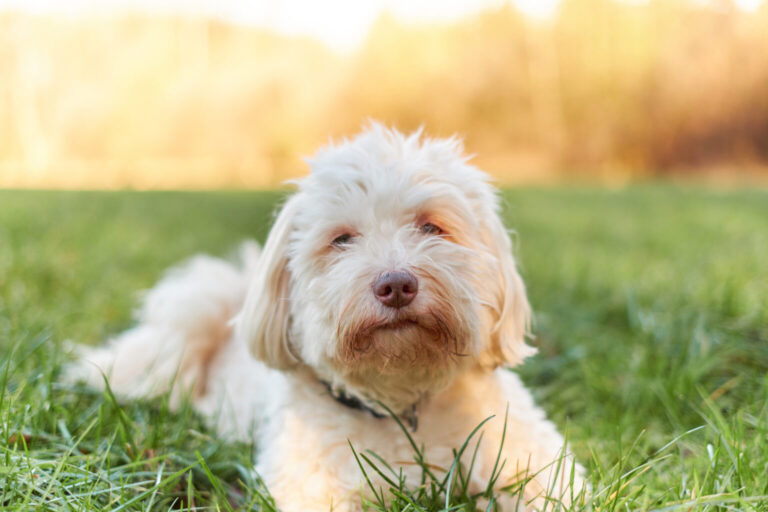
Furthermore, Havanese are highly adaptable, fitting well into various living environments in Japan, from city apartments to suburban homes. However, their tendency to experience separation anxiety means that in Japan, it is recommended to avoid leaving them alone for extended periods.
History
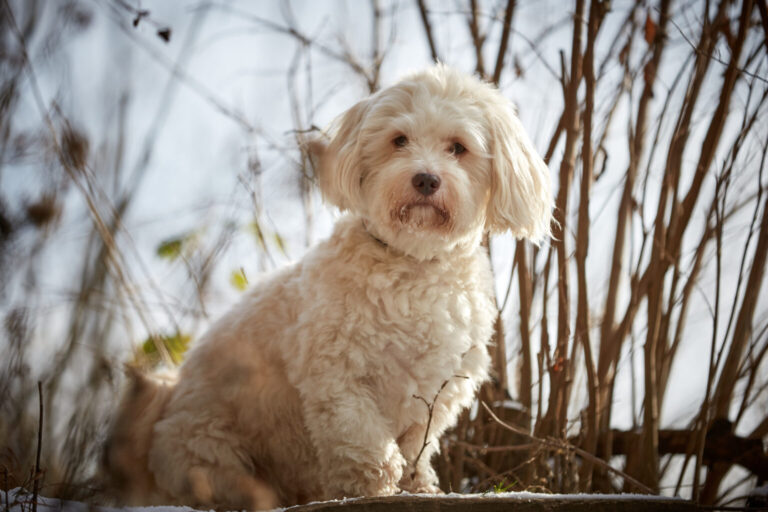
The history of the Havanese, originating from the Mediterranean and reaching Cuba, is recognized in Japan as adding to the breed’s charm. Originally beloved by nobility and the upper class, the Havanese is known for its soft, long fur, lively and friendly nature, and deep affection for their owners.
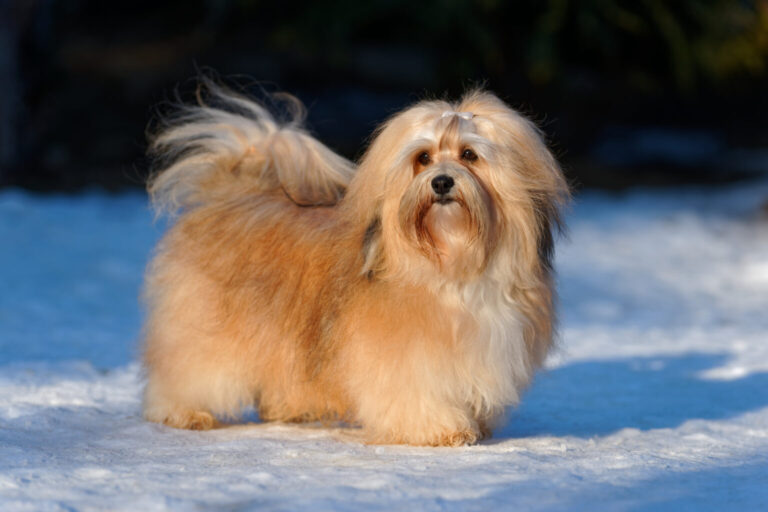
In Japan, where the role of a pet dog is culturally emphasized as a family member, these characteristics enhance the Havanese’s popularity in households. Their history tells the story of how the bond between humans and dogs deepens, making them beloved by many dog enthusiasts in Japan.
Grooming
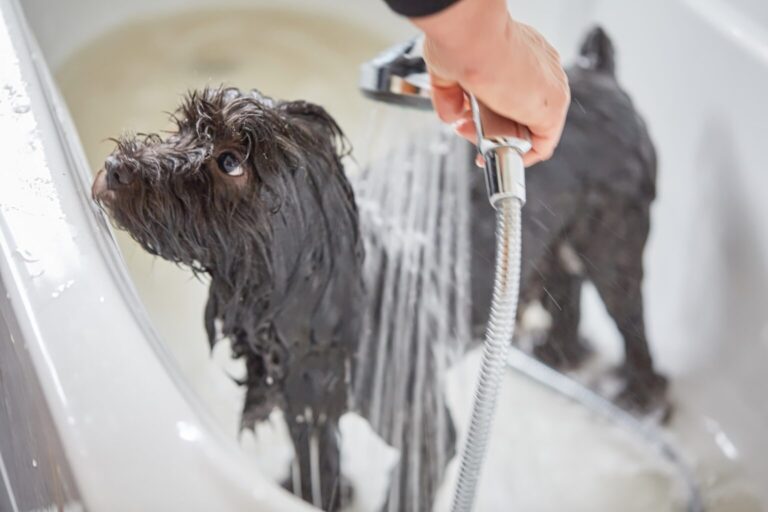
In the Japanese pet care culture, grooming of the Havanese holds significant importance. Special attention is needed for their soft, long fur, and daily brushing is considered ideal in Japan. This practice is crucial for detangling hair and maintaining skin health, particularly around the ears and legs, which are prone to tangling and require regular trimming.

Moreover, bathing the Havanese involves using a gentle shampoo and maintaining an appropriate frequency. In Japan, it’s believed that too frequent bathing can cause skin dryness, so baths are recommended as needed. Regular nail clipping and ear cleaning are also emphasized to maintain overall hygiene.
Health
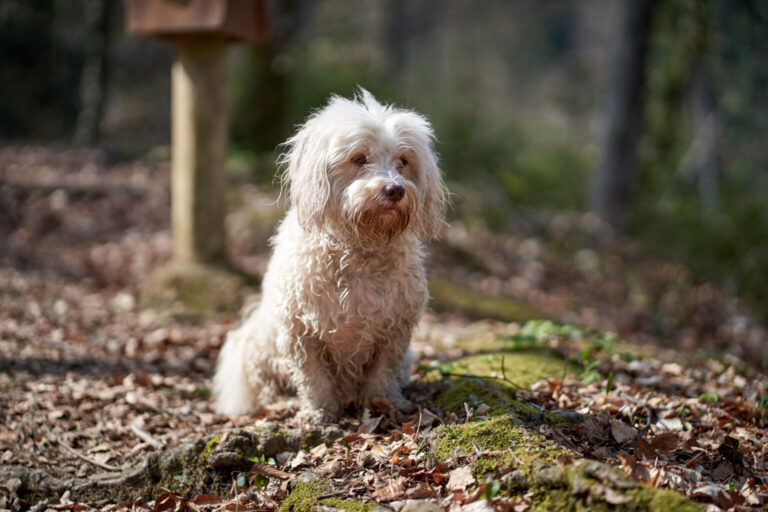
While the Havanese is generally a healthy breed, in Japan, there is a heightened awareness of certain health issues that require attention. In Japan, pet health management is taken very seriously, with a focus on addressing common issues in Havanese such as eye diseases, heart conditions, and patellar luxation.
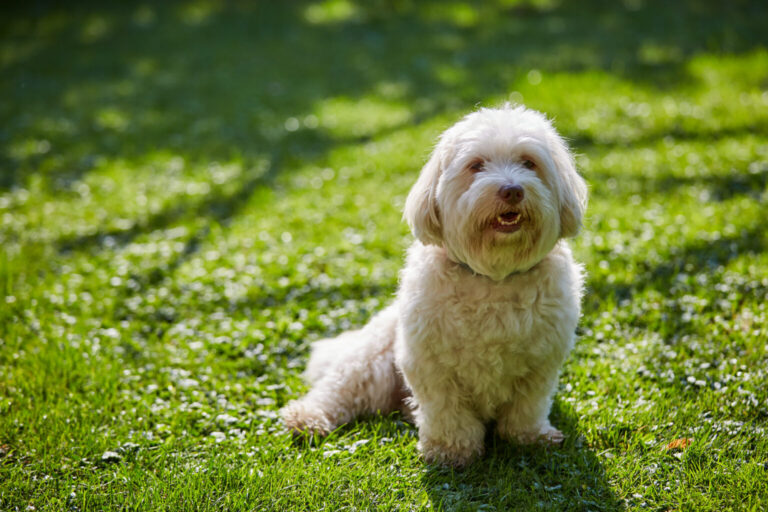
Regular veterinary check-ups are essential, with special emphasis on eye health. Given their susceptibility to allergies and skin conditions, appropriate care and regular health checks are crucial for Havanese. Additionally, it’s common practice in Japan to check the health certificates and the health status of the parent dogs when purchasing a Havanese, reflecting a growing awareness of genetic health risks.

